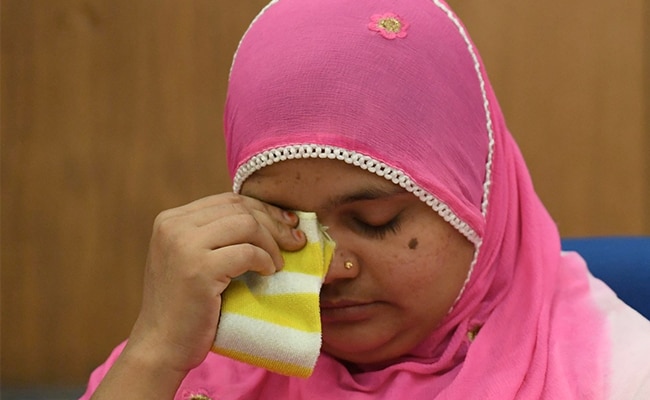
The Supreme Court said that the Gujarat government is on "thin ice" over granting early releases to the men convicted of raping Bilkis Bano and killing seven members of her family, including her three-year-old daughter, during the 2002 Gujarat riots.
Here are the Supreme Court's top quotes:
The convicts' death penalty was commuted to life imprisonment. How could they be released after serving 14 years in such a situation? Why are other prisoners not given the relief of release? Why were these culprits selectively given the benefit of the policy in this case?
How far this rule -- giving a chance to hardened criminals to reform -- by releasing them after 14 years is being applied to other prisoners? Why is the policy being applied selectively? Opportunity to reform and reintegrate should be given to all. How far is this being implemented? Why are our prisons overflowing? Give us data.
On the other hand, we have cases like Rudul Shah (arrested for his wife's murder in 1953). Even though there was an acquittal, he continued to remain in prison. Extreme cases, both this side and that side.
The CBI's opinion has no application of mind. They have repeated the facts and said it's a heinous crime. What is the purpose of remission? Does committing a heinous crime debar you from getting its (remission's) benefit?
On what basis was the Jail Advisory Committee formed for the convicts? Why was the opinion of the Godhra court sought when the trial was not conducted there?

